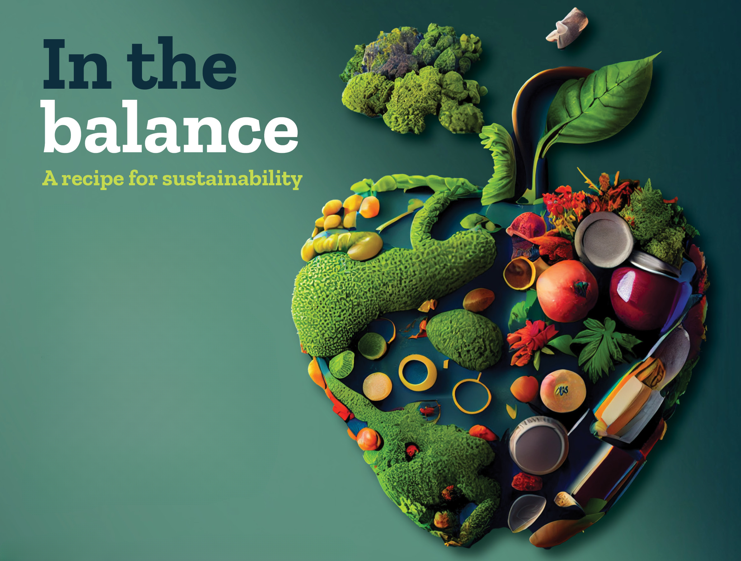In the balance: A recipe for sustainability
11 May 2023

Falsely premised food fads create an unhealthy public discourse about food that doesn’t benefit our health or the environment. So what does the science say?
To choose sustainable food sources is a dizzying equation of indicators, contradictions and factors outside the control of the consumer. The truth is, the more environmental indicators built into the equation the more it blurs the actual environmental impacts of food production. Plant science innovations and a little common sense in the kitchen help Australians make smart food choices to support the environment, agriculture and live healthier, more sustainable lives.
Reduce Food Waste
Every year in Australia, 2,600 gigalitres of water and 25 million hectares of land is used to grow food that is wasted by consumers.
Eat 5 a day
Regardless of whether they are conventionally grown or organic, fruit and veg have the same nutritional value and a lower environmental impact than less nutritious processed foods.
Ditch the discretionaries
On average, discretionary foods like processed snacks, baked goods and alcohol account for up to 40 per cent of diet related water, energy, emissions
and land use. Just sticking to the Australian Dietary Guidelines could reduce greenhouse gas emissions by 25 per cent.
We all have a role to play in a more sustainable food system. Through innovations in biotechnology and pesticides, the plant science industry does its part to help farmers produce more fruit, vegetables and grains on less land while reducing on farm crop loss by 30-40 per cent.
Read more from the Winter 2023 edition of CropLinks here: CropLife Australia | CropLinks Winter 2023